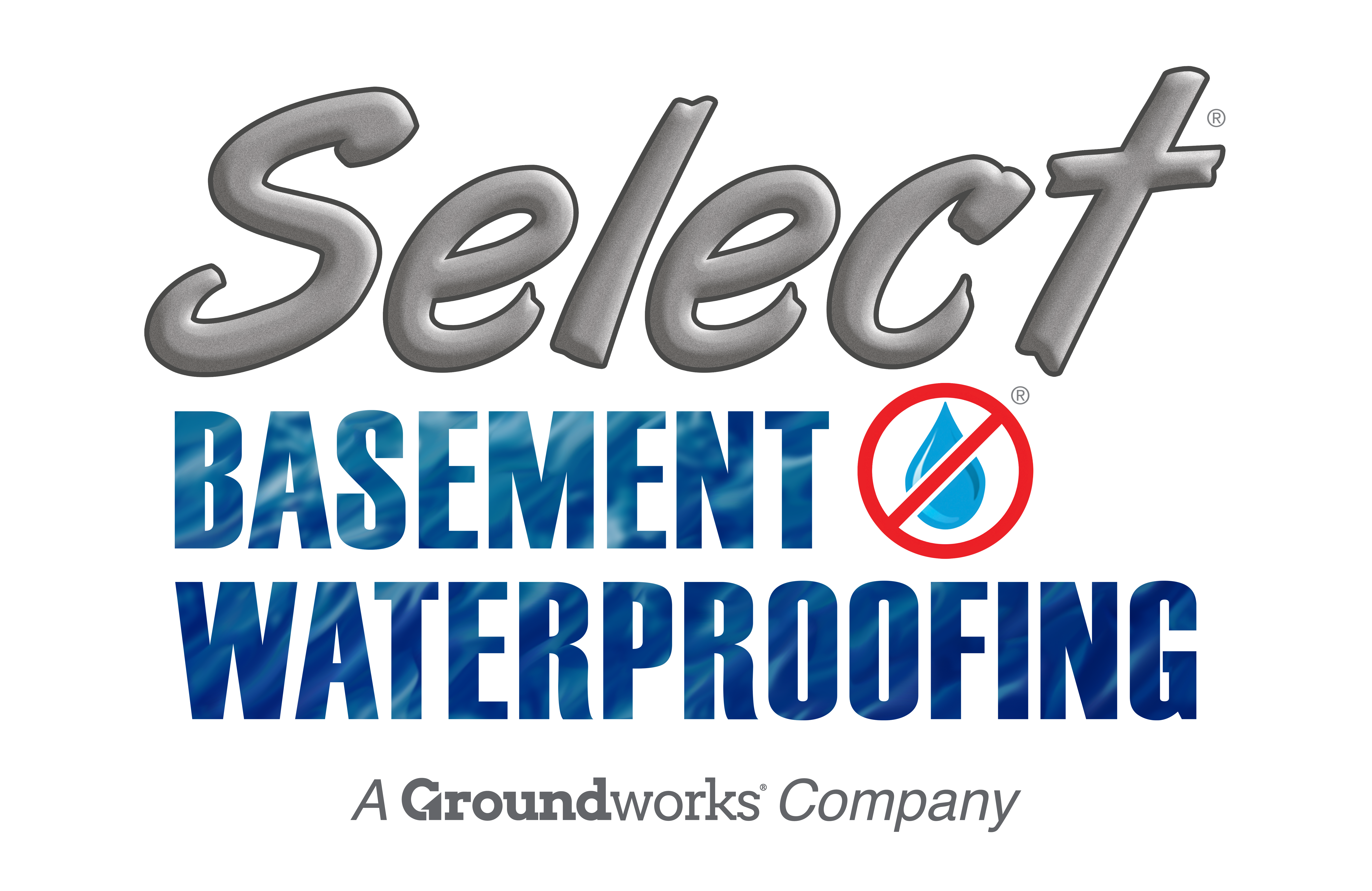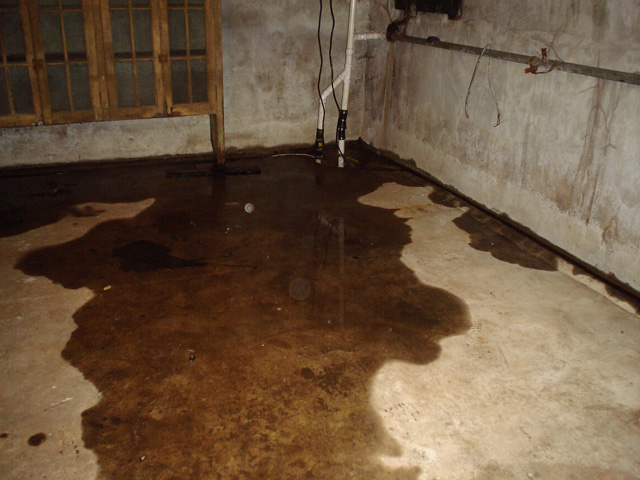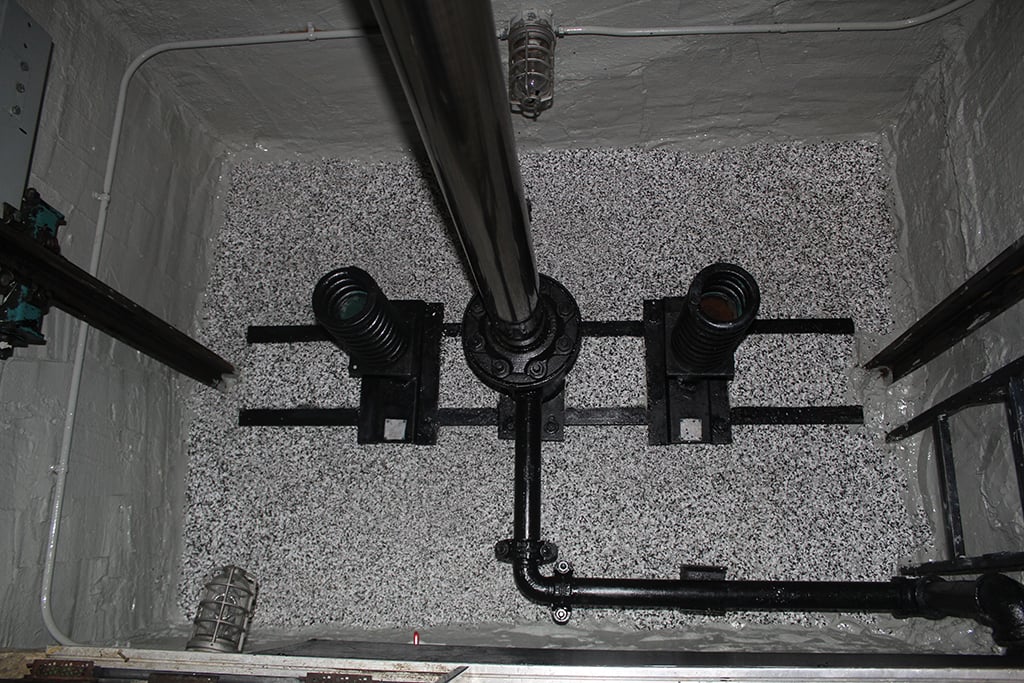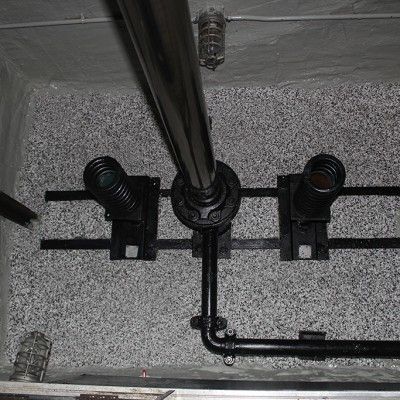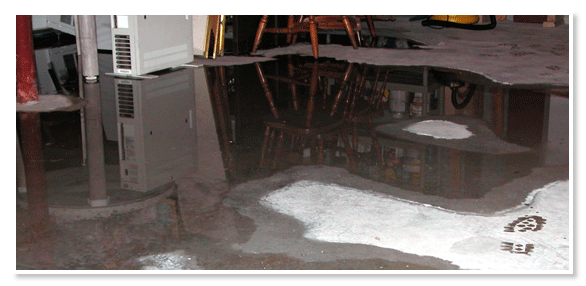Elevator Waterproofing Hudson County, NJ
The basic construction of a typical elevator includes an elevator pit. This pit is usually below the floor level of the last floor that the lift services. This pit is used to house the counterweights, wiring and other fixtures necessary for the safe operation of the lift.
It is important to invest in professional elevator waterproofing. This protects your elevator pit from water seepage.
Elevator waterproofing is especially important for the following reasons:
-
It prevents damage to the elevator pistons
If the pistons of the elevator are exposed to a high level of moisture, they are likely to start rusting and will corrode with time. This will result in the leaking of the lift packing. The elevator will therefore become unsafe to use.
-
You’ll save on elevator repairs
Many building supervisors ignore the elevator pit. To them, waterproofing the elevator pit is an expense that can be ignored. However, exposure of the elevator to moisture results in more expensive repairs. You would spend much less by simply ensuring that the pit is properly waterproofed in the first place.
-
Prevent downtime
When damage occurs to your elevator as a result of the water present in the elevator pit, you’ll have to call in your elevator service provider to assist with repairs. However, many elevator service providers will not assist you until you address the seepage issues in your elevator pit. They will consider these conditions unsafe. This will result in extended elevator downtime. This can potentially lead to loss of income in a commercial or residential rental building.
-
Prevent bad odor
While your elevator may continue operating even under these conditions, the collection of water in the elevator pit can lead to the production of a bad odor. The water combines with oil and can become hazardous too.
-
Prevent damage to the traveling cable
As more water accumulates in the elevator pit, there are chances that the traveling cable of the elevator will be damaged. This leads to even more downtime as the lift becomes unusable.
It is important to have the elevator pit inspected by a professional waterproofing contractor. A licensed professional can guide you on the best solution to apply to your pit for the best results.
Waterproofing of the elevator pit often involves draining the elevator pit. The pit is then cleaned and dried out. The contractor then applies their solution of choice to the elevator pit to achieve waterproofing.
